
This website supports three options for navigating through the comic: horizontal scrollbar, left and right keyboard arrows, and dragging the comic.
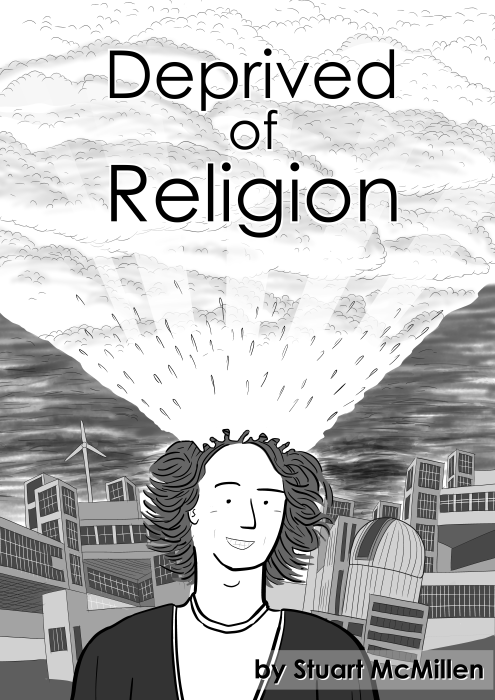
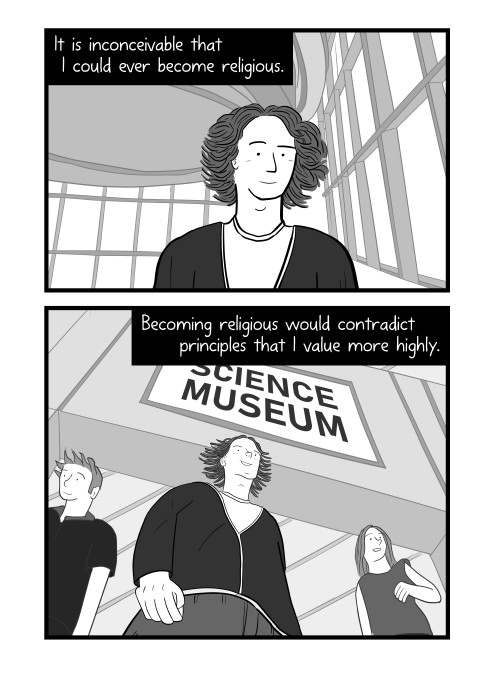
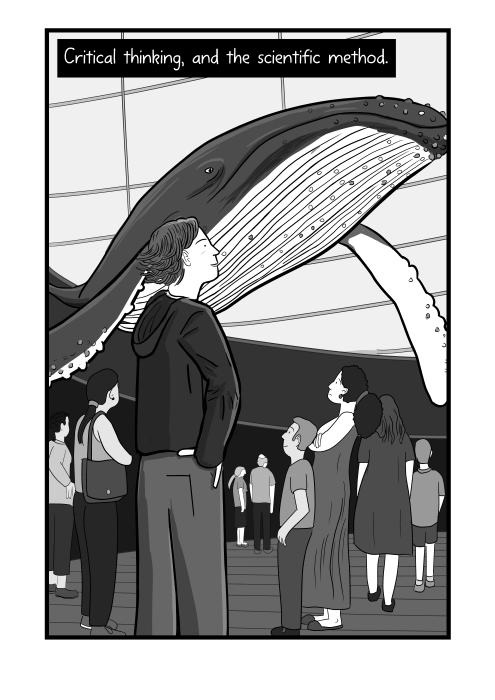
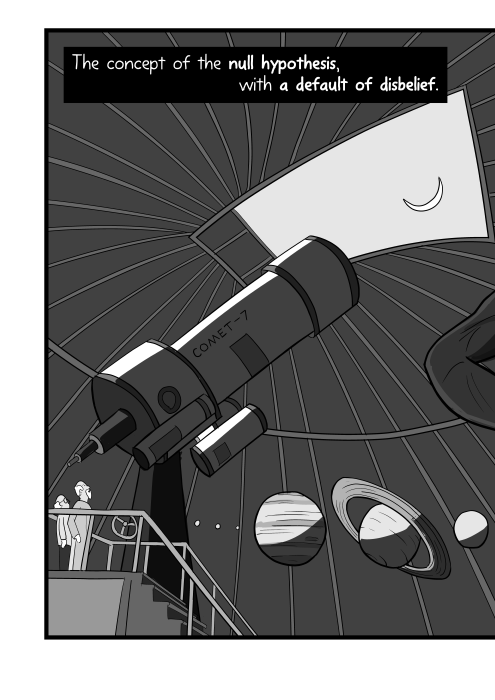
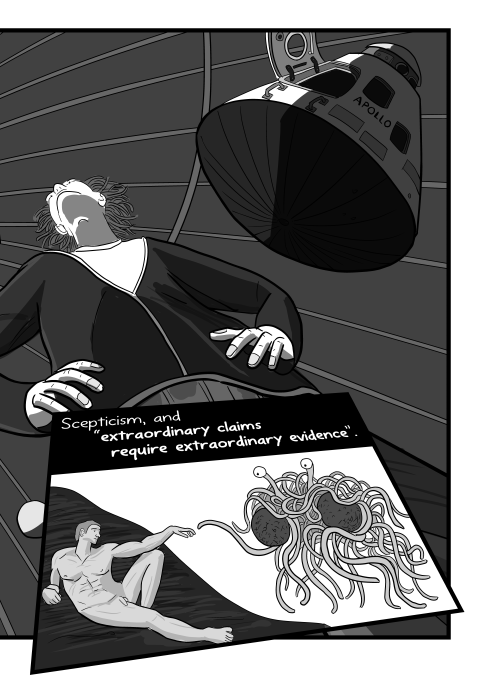
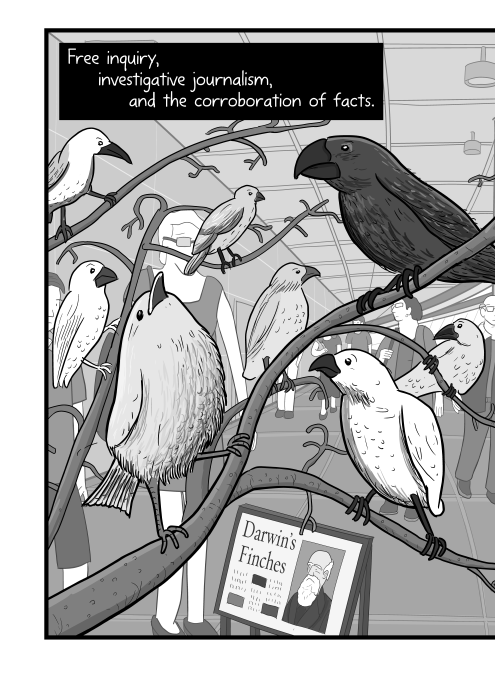

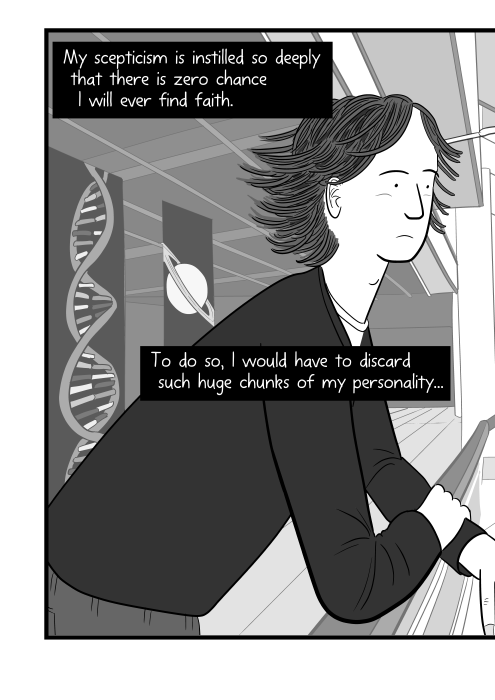
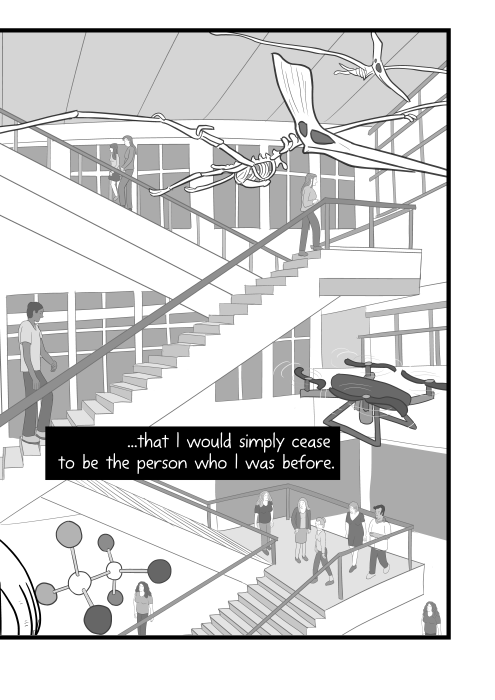
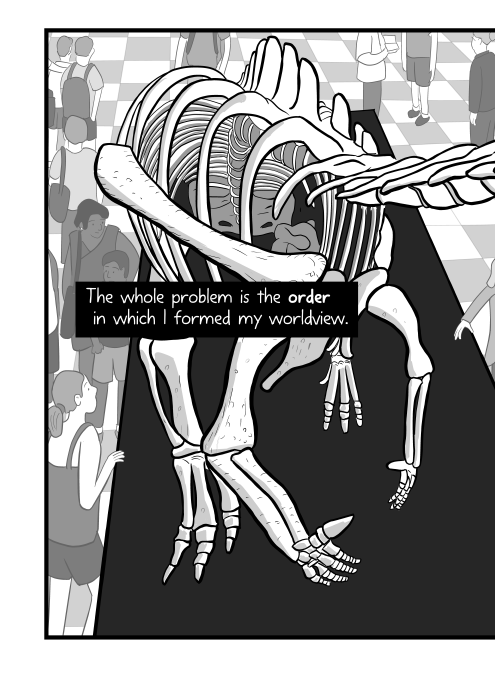
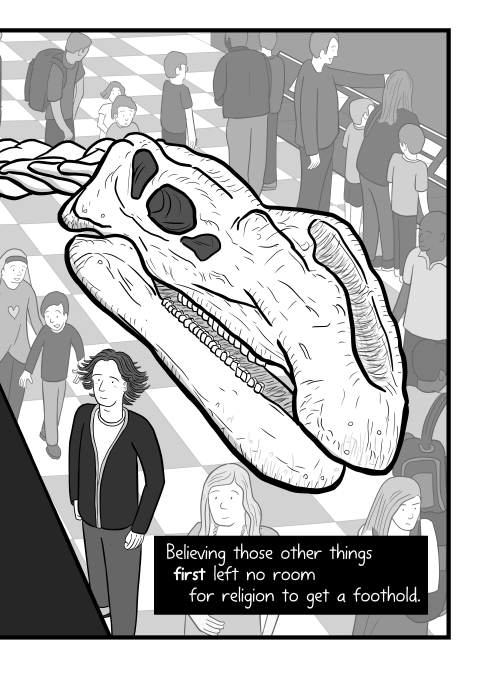
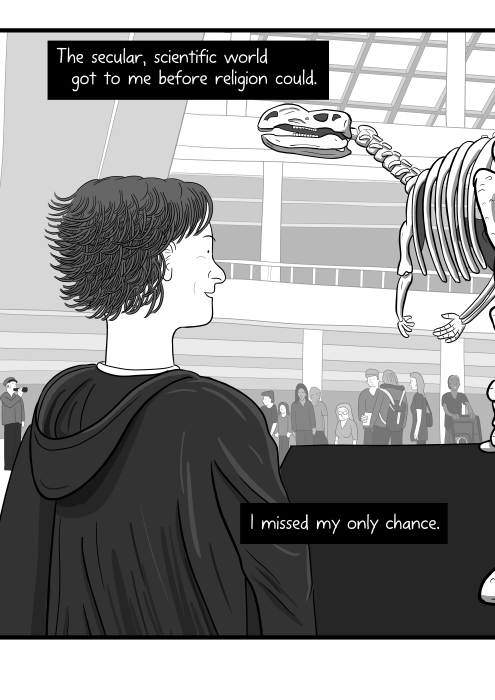
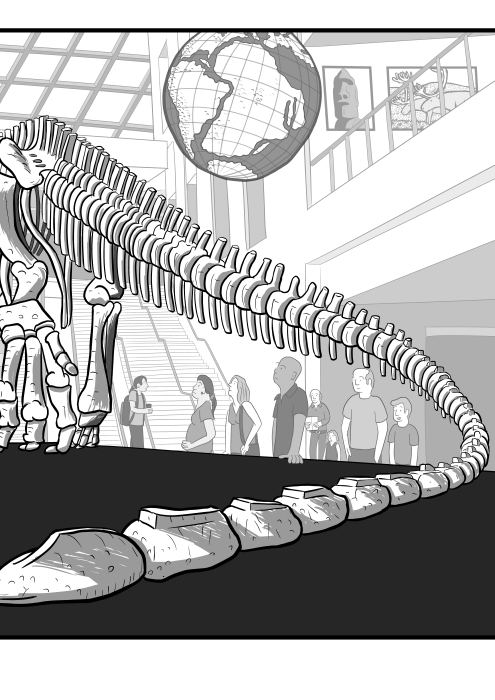
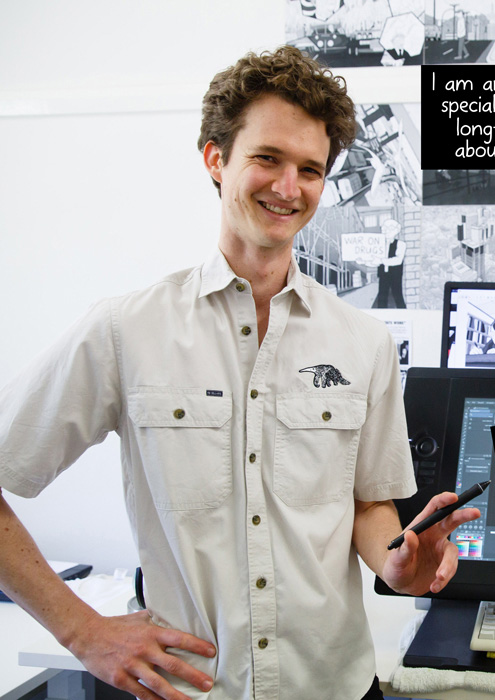
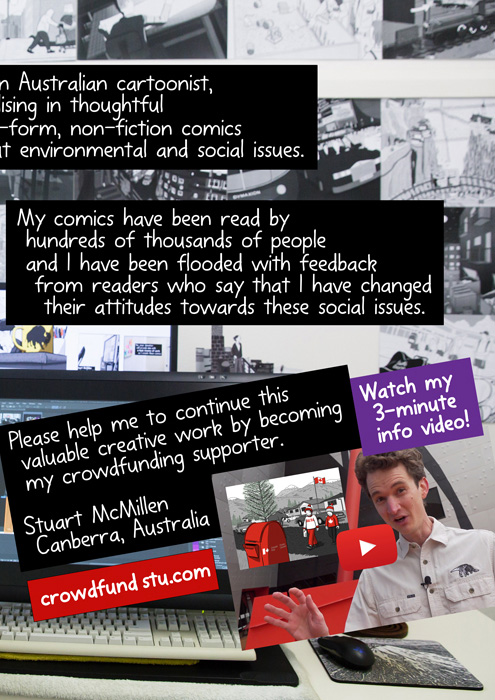

It is inconceivable that I could ever become religious. Becoming religious would contradict principles that I value more highly.
More of my thoughts about religion and faith:

Growing up in regional Australia in the 1990s, I adopted the casual racism of the schoolyard. As an adult, I had to educate myself out of these racist attitudes.

Capitalism is the single dominant force that shapes our lives today. But for some reason it is taboo to discuss the system that contains us.

What if Don Bradman's cricketing career was documented in the exact same way that Jesus Christ's career is documented?
Comments
Garth Laidlaw
Yeah I hear ya. I don't think I could ever believe in a human-like god figure, but I am sympathetic to the idea of an ordered universe, which gets pretty damn close to the idea of a "god". I'm also totally okay with the potential of this, arguably inborn human psychological tendency, being a protection against a nihilistic existential angst, or purposelessness. Lol. What do you think about the idea of an ordered universe (I think others have put it more elegantly).
Stuart McMillen
Hi Garth, Thanks for pushing back, and giving me something to respond to. My starting point is wondering how people can believe things that are backed by scant evidence. Talk of prophets, miracles, etc. That sort of thinking is beyond my comprehension. To date, most of my actions in this area have related to things along the lines of what Alain de Botton discusses in "Religion for Atheists". i.e. thinking about the role that churches and religion play in communities, and trying to implement them in a secular way. e.g. helping to organise the local chapter of the Sunday Assembly gathering here in my city. Finding 'tools for life' that aren't reliant on supernatural elements. Thanks for that Wittgenstein biography recommendation. I'll check it out. Have just written it onto my "books to buy" list. Sounds like it might be something I need to read before responding further. Cheers, Stuart
Garth Laidlaw
Hey Stuart! Just checked out your comic on how you will never be religious. I definitely get that you will never be religious in the traditional sense of going to church and subscribing to and proselytizing various overtly dogmatic principles, but I wonder what you think about the 'religious experience' in general. Or spirituality, the more secular, personalized version. William James' "Varieties of the Religious Experience" would be a book that you'd find when diving into this. And where is the dividing line between 'religion' and 'god-like experiences' that many experience when, for example, under the experience of various non-recreational psychedelics, such as ayahuasca, payote, or mescalin (for which inspired Huxley's "Doors of Perception"? Another perspective to consider is the existential void that mean feel when religion 'died' for many people throughout the catastrophic wars of the 20th century, and how it left so many in a state of utter turmoil. Is it specifically the idea of god that you don't think you'll ever believe in (fair enough, neither do I in terms of it manifesting into my daily actions, though I am curious), or is it the idea of the institutions that espouse various values, morals, and hierarchy? Many theoretical physicists who dive deep into their work are religious particularly because they can see the vastness of the 'grand designs of the universe' for lack of a better phrase, and are completely mystified by it. I've been curious about religion for years, though grew up in a completely secular household (mother was militant atheist because of how religion nearly tore her family apart). The biography of Wittgenstein (Austrian philosopher) by Ray Monk is particularly interesting because it shows him growing up learning under Bertrand Russell (mega-atheist / logical type) and how he eventually diverges, and around midlife he eventually begins teaching bible study classes to kids, despite completely reinventing analytic philosophy. He was also a fan of William James, among others, that describe religion as being more than the atheistic perspective of it. It's hard to get into without seeing how his transition occurred. It's my favourite biography. Basically, I want you to dive deeper into this! It's too simple to simple say that one is religious or not. In fact, this statement doesn't really mean anything to me; I'd rather her what parts of religion you particularly think are invalid and which are valuable. Similar to science, one can argue that some areas of science are dogmatic and some are inherently good. Funding also can skew the scientific perspective to seem universal, when rather it can be completely bias and irrational as well. Anyway, there is much to this discussion obviously. Wittgenstein's account is my most recommended read here, as he dives so deep into language and logic that he basically becomes a near-mystic after he comes out the other side. Tolstoy would be another obvious example of someone who values aspects of 'religion' while not really being particularly religious (many will dispute this, but his version of religion involved him re-writing the gospels, so... you decide!). Cheers, Garth Laidlaw